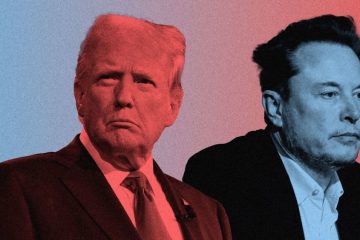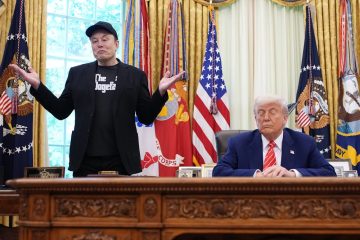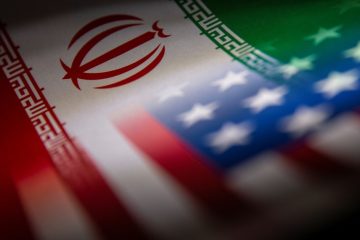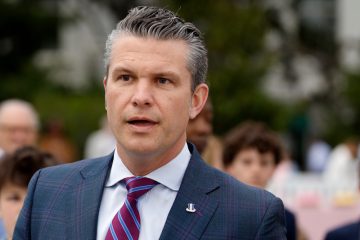China’s defense chief eases tensions with the US
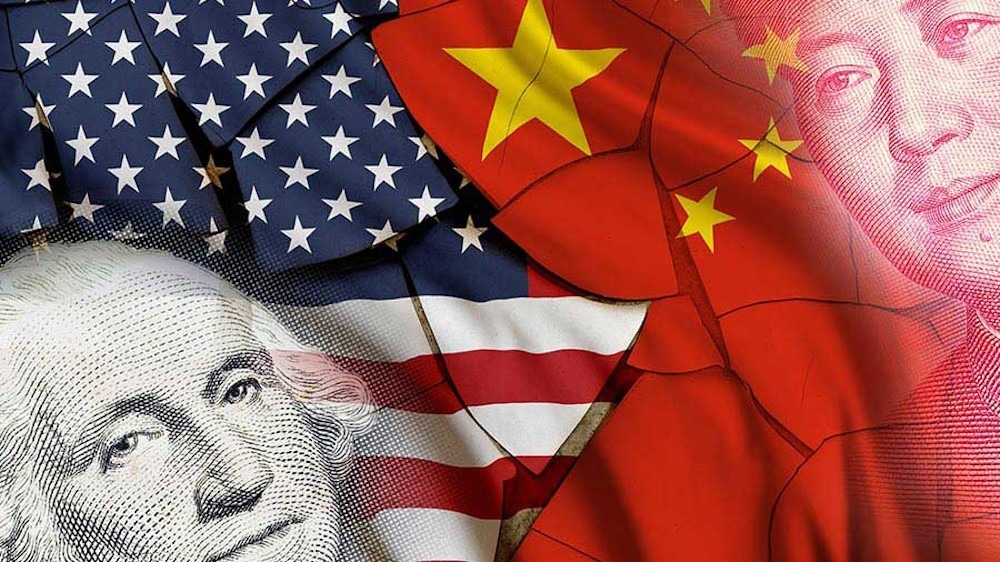
In an attempt to navigate the turbulent environment, China’s defense minister aimed to alleviate concerns about potential conflicts between the Chinese and American militaries. This follows a similar effort made by the U.S. defense chief, as both countries work towards managing tensions between two major global powers.
He also cautioned Washington about pushing the boundaries of Beijing’s core interests, indicating the fragile and uncertain nature of the reconciliation.
During a Sunday speech at a security forum in Singapore, Adm. Dong Jun acknowledged the existing tensions between the two militaries and emphasized the need for enhanced exchange and cooperation.
“It is important to enhance communication between the two militaries precisely because of their differences,” Dong stated at the Shangri-La Dialogue, an annual conference attended by defense officials. “Despite our divergent trajectories, it would be unwise to involve ourselves in conflict.”
In his speech, Dong addressed the recent remarks made by U.S. Defense Secretary Lloyd Austin during the dialogue. Austin emphasized that the United States does not aim to foster a confrontational relationship with Beijing, and he made it clear that a war with China is not on the horizon. Dong’s speech followed Austin’s comments, providing his perspective on the matter.
Prior to the dialogue, Austin and Dong had their first face-to-face meeting on Friday, lasting 75 minutes. During the meeting, they reiterated their intentions to restore direct lines of communication.
The U.S. and China have recently expressed their concerns over each other’s military activities in the region surrounding Taiwan and the South China Sea. This has led to increased tensions between the two powers.
Communication between the two militaries had also deteriorated in recent years, as Beijing claimed that an emergency hotline provided the U.S. with a pretext to carry out provocative military actions in China’s vicinity.
The renewed high-level military exchanges between the U.S. and China align with the broader efforts of both governments to enhance dialogue on contentious matters like trade and technological competition.
Experts suggest that both Washington and Beijing view the easing of tensions as a positive development, as they deal with their respective challenges. The U.S. is currently focused on the conflicts in Ukraine and Gaza, while China is grappling with sluggish economic growth and corruption within its military.
Dong emphasized that Beijing’s openness to dialogue with the U.S. should not be interpreted as an opportunity to undermine Chinese interests.
In his Sunday speech, the Chinese defense minister delved into the grievances Beijing has against Washington. He discussed American political and military cooperation with Taiwan and the Philippines, but instead of directly naming the U.S., he referred to “external forces” or a “major power.”
Characterizing the Taiwan issue as of utmost importance to China, Dong expressed disapproval of external forces that provide diplomatic support to Taipei and sell arms to the island. According to him, these maneuvers were intended to strengthen pro-Taiwan independence groups and “utilize Taiwan as a means to restrain China.”
Dong also attributed China’s recent dispute with the Philippines over the Second Thomas Shoal, a contested reef in the South China Sea, to external factors. He also criticized the recent deployment of a new U.S. missile system in the Philippines during joint military drills.
Chinese vessels have been growing more assertive in their efforts to disrupt supply missions to the military detachment stationed by the Philippines on the Second Thomas Shoal, also known as Ren’ai Jiao, in recent months. The U.S. has consistently cautioned that any attack on Philippine vessels would trigger their mutual defense pact.
In response to Philippines President Ferdinand Marcos Jr.’s criticism of China’s actions, Dong reiterated China’s position that the Philippines instigated the standoff by not honoring their agreement with Beijing regarding resupply missions to the Second Thomas Shoal.
The minister justified Chinese activities around the reef as legal and suitable, and called on relevant countries to refrain and resolve the dispute through dialogue.
“The Chinese side has shown considerable restraint in response to the provocations,” Dong stated. “However, there are certain constraints to consider.”
The Chinese defense minister acknowledged the concerns raised in the U.S. and Europe regarding Beijing’s support for Russia’s war efforts in Ukraine.
According to Dong, China has made it clear that it is not involved in selling weapons to either side, as Ukrainian leader Volodymyr Zelensky prepares to address the conference in Singapore. He acknowledged Beijing’s recent implementation of stricter export controls on goods that could have military applications, presenting China as a promoter of peace.




